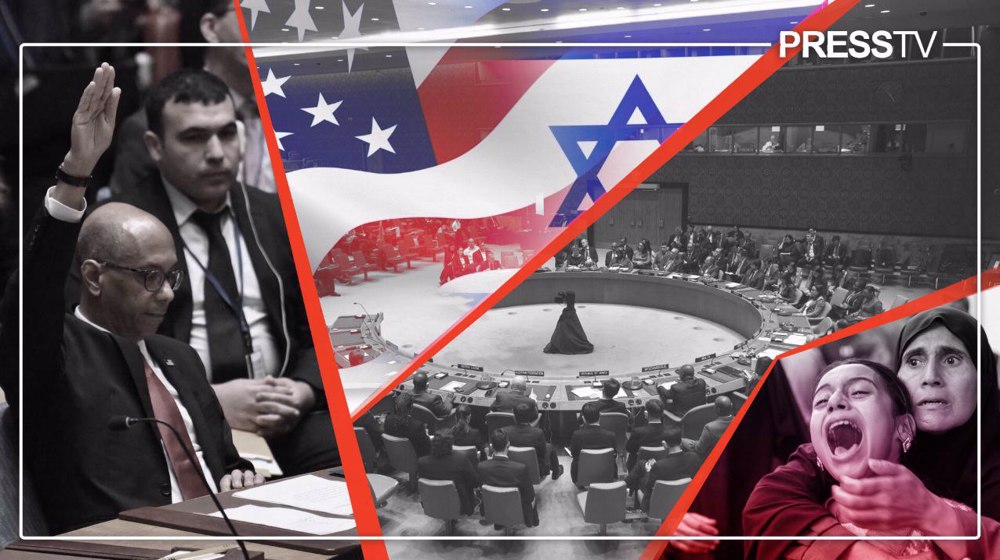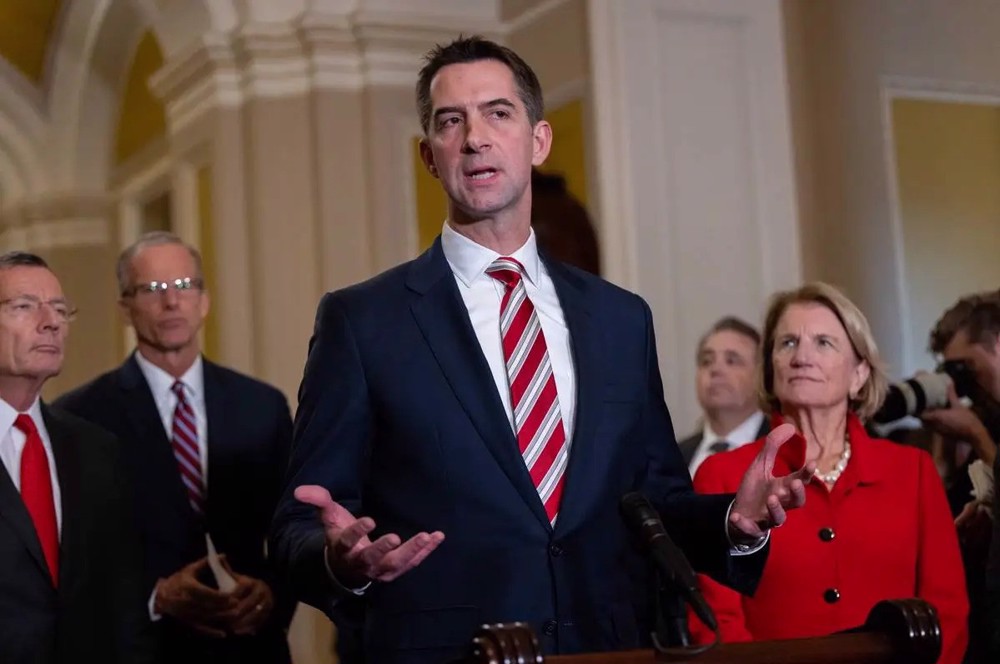Brzezinski: 'Lucky' we didn’t shoot down Russian bomber
Former US national security adviser Zbigniew Brzezinski says Russia would have reacted much more strongly if its bomber plane was shot down by the United States instead of Turkey.
Russian President Vladimir Putin approved a bill to impose economic sanctions on Turkey in response to the Turkish military’s Nov. 24 shooting down of the Russian Su-24M aircraft near the Syrian border.
“I think it was quite lucky the shoot-down in Turkey was not done by us. Because Putin’s ability to digest it would be much smaller,” Brzezinski told POLITICO in an interview.
“And I am glad it was not some sort of incident in the Baltic republics, where the Russian propensity to react would be greater; the Baltic capacity to respond would be minimal, and the necessity of a forceful response by the US would be self-evident,” he added.
Brzezinski, a foreign policy expert who had a reputation as a Cold War hawk, suggested that US and Russian interests now were far more aligned.
“These tensions are serious but not fatal. In some ways, if good sense and intelligence prevail, they could even prove to be salutary, not only for dealing with a nasty regional problem but addressing the potentially more generally destructive consequences of a global system dominated by three superpowers,” he said.

Brzezinski said the West reacted in a “calm fashion” to the news of the shoot-down—the first time a NATO member targeted a Russian plane—and that Moscow is also beginning to realize that to escalate the crisis is “a road to nowhere.”
“The only result could be a serious collision in which Russia would find itself in isolation. In effect, we might be on the brink of some progress among the major powers regarding not just the Turkish-Russian skirmish, but towards some salutary accommodation regarding containment of wider regional violence,” he noted.
Brzezinski explained that any further escalation of the dispute between the West and Russia would potentially trigger a “major conflict with truly destructive consequences.”
Elsewhere in his remarks, he predicted there could be some accommodation over Syria, where the US seeks to remove President Bashar al-Assad while Russia supports his government.
“There is no great national benefit for Russia in Assad remaining indefinitely in office, and there is no great national benefit for the US in forcing him to quit instantly, and there is also a shared interest in avoiding a major US-Russia collision. I may be naïve but I think this is one of those situations in which the stakes are not that dramatic,” the foreign policy expert said.
In an article published by the Financial Times last month, Brzezinski argued that the United States should retaliate if Russia did not stop bombing its "assets" in Syria. He advised President Barack Obama to disarm the Russians if they kept targeting the CIA-trained militants in Syria.
Russian warplanes, in coordination with the Assad government, have been pounding militant strongholds in Syria since September 30.

The United States, meanwhile, is urging Turkey to deploy thousands of additional troops along its border with Syria to block the movement of Daesh (ISIL) terrorists in and out of war zone, the Wall Street Journal reported on Friday.
Pentagon officials have estimated that as many as 30,000 soldiers are needed to cordon off a stretch of 60-mile (100 km) frontier.
The US and Turkey agreed in principle in July on a deal for the border, but operational planning has stalled by discord. The US has deployed a number of attack aircraft to the Incirlik airfield in southern Turkey.
The deal allows US military aircraft to use Turkish bases to launch airstrikes in support of allied militants fighting Daesh and the Syrian government. However, the plan has been slowed because of the Russian airstrikes.
VIDEO | Sydney protests demand action as Israel faces ICC warrant for war crimes
Iran to host ‘important’ ECO foreign ministers' meeting in Mashhad
Wounded in Israeli strike, health of Kamal Adwan Hospital's director worsens
VIDEO | Press TV's News Headlines
Iran reports 11% drop in domestic red meat supply
Arab League affirms support for Iraq amid Israel's threats of military action
VIDEO | Fierce fight in Southern Lebanon
Over 1000 medics killed in Gaza as Israel systematically targets hospitals










 This makes it easy to access the Press TV website
This makes it easy to access the Press TV website